U.S. Treasury Secretary Scott Bessent appeared on CNBC’s “Squawk Box” on Monday morning, offering a wide-ranging update on trade negotiations, global capital flows, and the administration’s economic strategy amid intensifying tariff discussions with China.
Bessent reiterated on CNBC that while various branches of the U.S. government remain in contact with Chinese officials, it is ultimately up to China to take steps toward a trade de-escalation. He said that while China sells “five times more to us than we sell to them,” Bessent emphasized that the current 125%–145% tariffs are “unsustainable.” As such, the imbalance gives China a greater incentive to seek compromise.
While President Trump’s tough tariff stance has stirred debate among investors, Bessent noted that the U.S. is working with a standardized trade negotiation framework for other key countries. With 15 to 18 major trading relationships under review, Bessent said multiple Asian nations have already offered significant proposals to lower tariffs and non-tariff barriers.
His comments appear to have at least stabilized markets with equities edging higher and Bitcoin (BTC) holding on to the $94,000 level.
U.S. will remain the premier global investment hub
Addressing concerns about the U.S. losing its edge as the premier global capital home, Bessent highlighted the administration’s commitment to tax certainty, deregulation, and fairer trade as key pillars of keeping the U.S. “the best place in the world for capital to arrive.”
He contrasted this with Europe’s slower growth and heavy regulation, warning that Europe’s high tariffs on goods and services were damaging its competitiveness. This is evident in the Euro Stoxx 50 index delivering a 1.86% annualized return over the past 20 years compared to over 10% for the S&P 500 index.
Bessent also predicted that the European Central Bank would soon cut rates to weaken the euro. Meanwhile, the U.S. remains committed to a strong dollar policy.
Public comments the same as private
When asked about market reactions to earlier comments regarding a possible “near-term de-escalation” in trade tensions, Bessent clarified that he had said nothing privately at a JPMorgan investor meeting that he hadn’t already shared publicly in interviews just days earlier. He noted that while markets temporarily rallied following the meeting, the moves were likely based on misinterpretation rather than new information.
Bessent stressed that the broader U.S.-China economic relationship remains complicated, but he believes that structural realities will ultimately force change. China’s economic model is heavily reliant on subsidized exports to the U.S. which is no longer sustainable in today’s environment of heightened tariffs and growing scrutiny.
“We believe what is unsustainable will not be sustained,” Bessent stated.


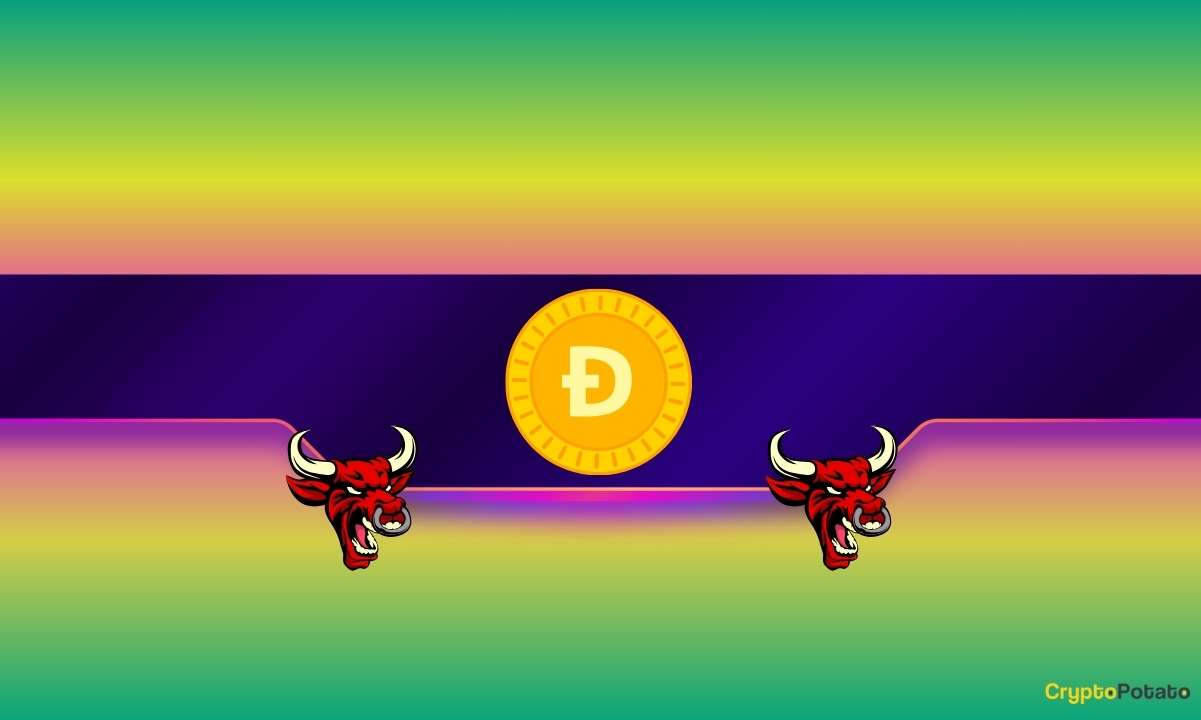
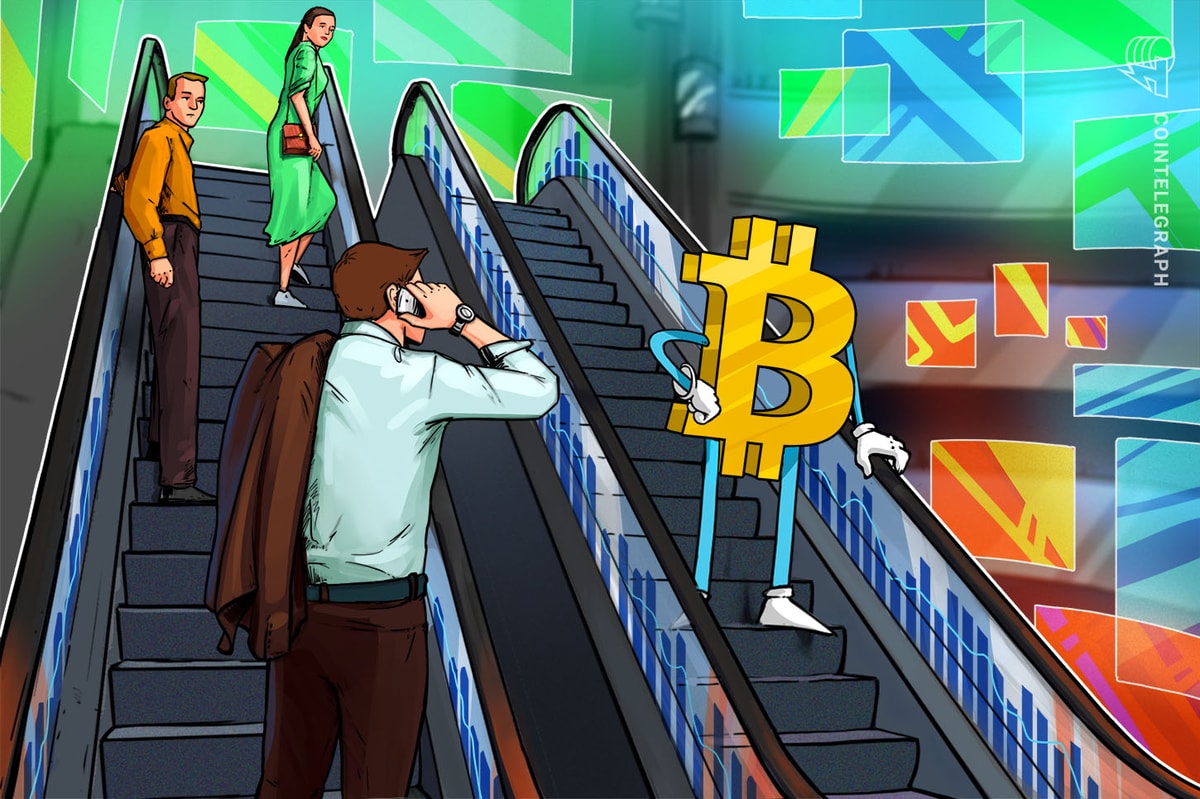


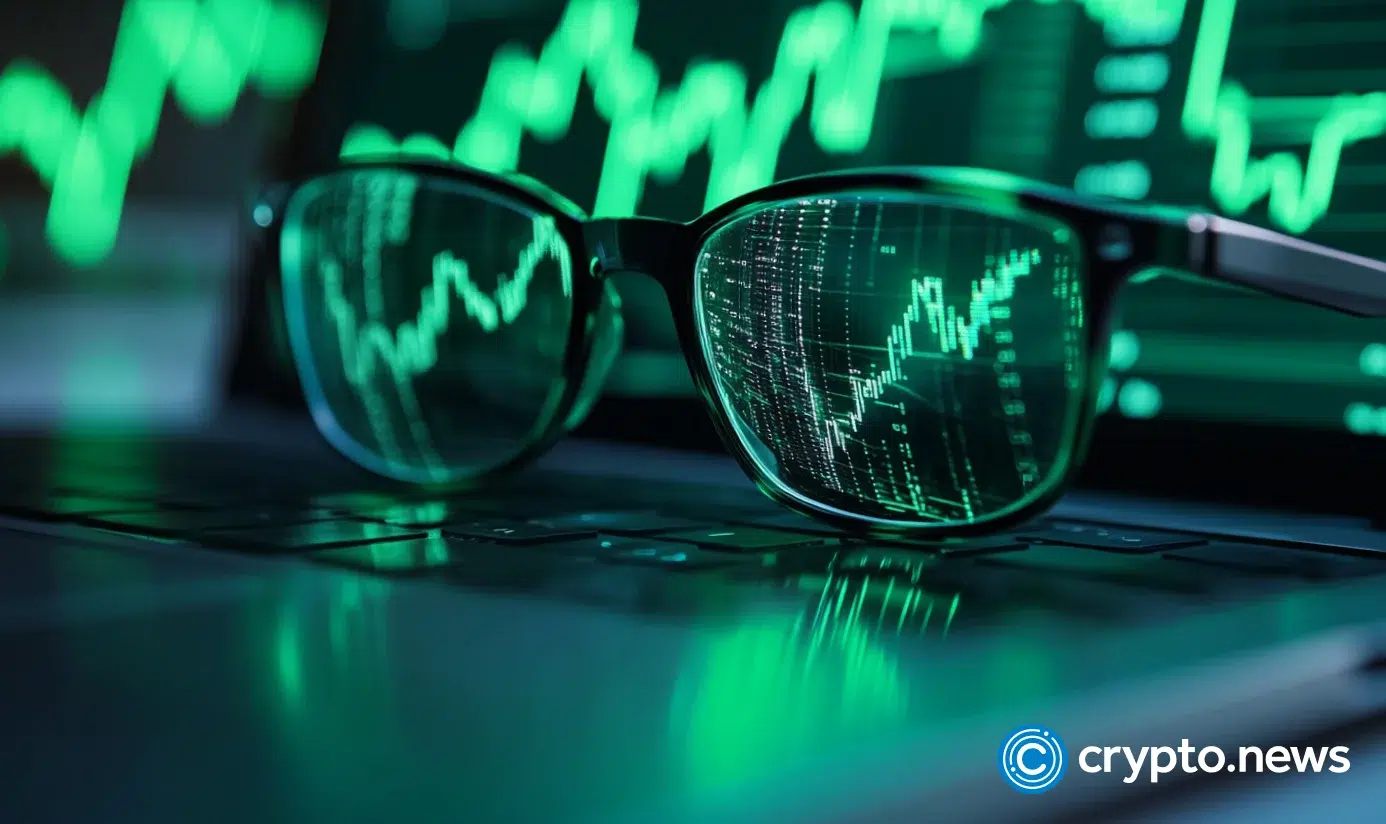

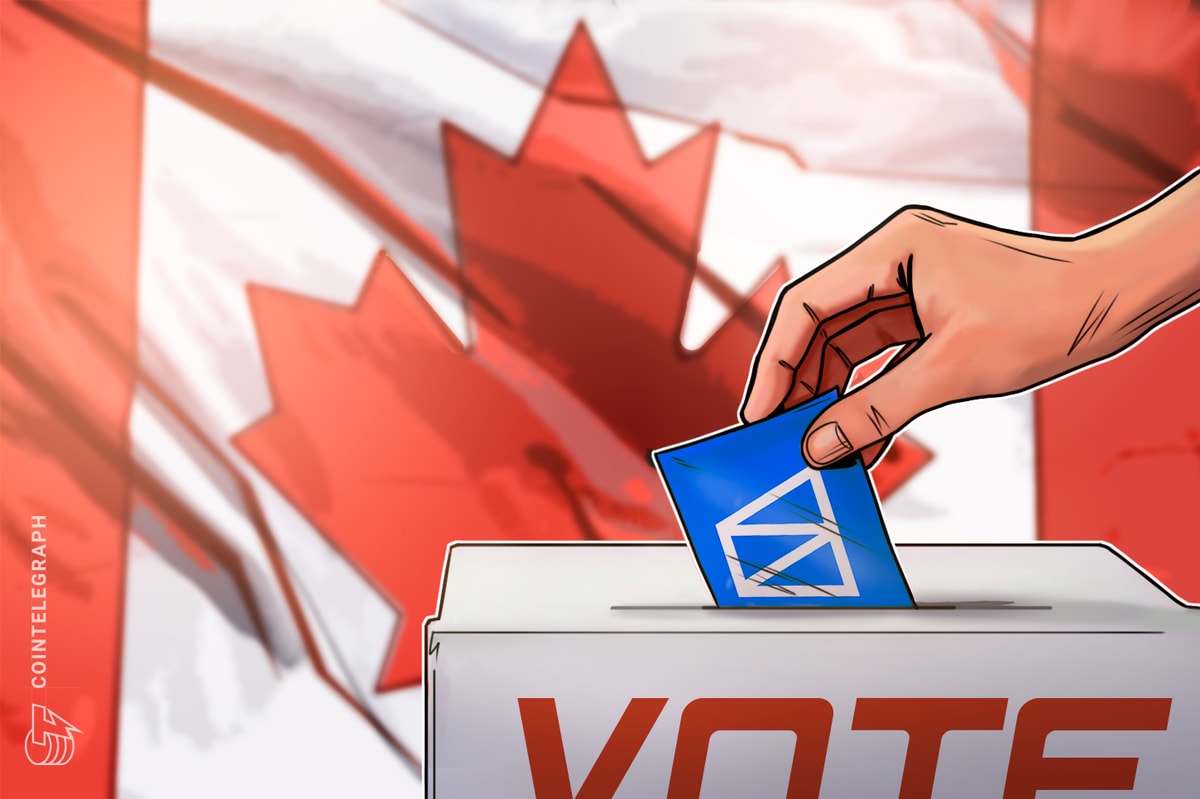



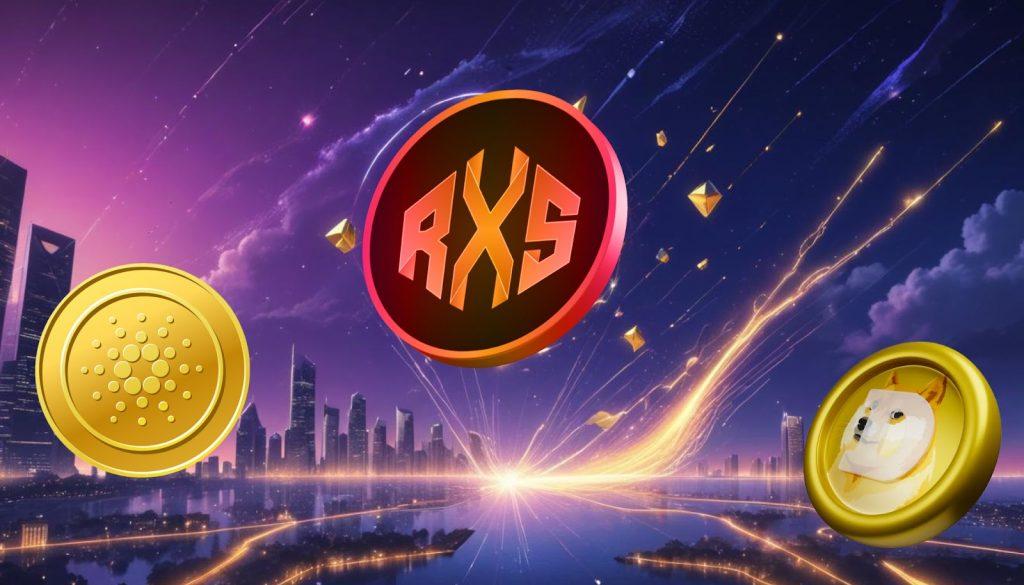
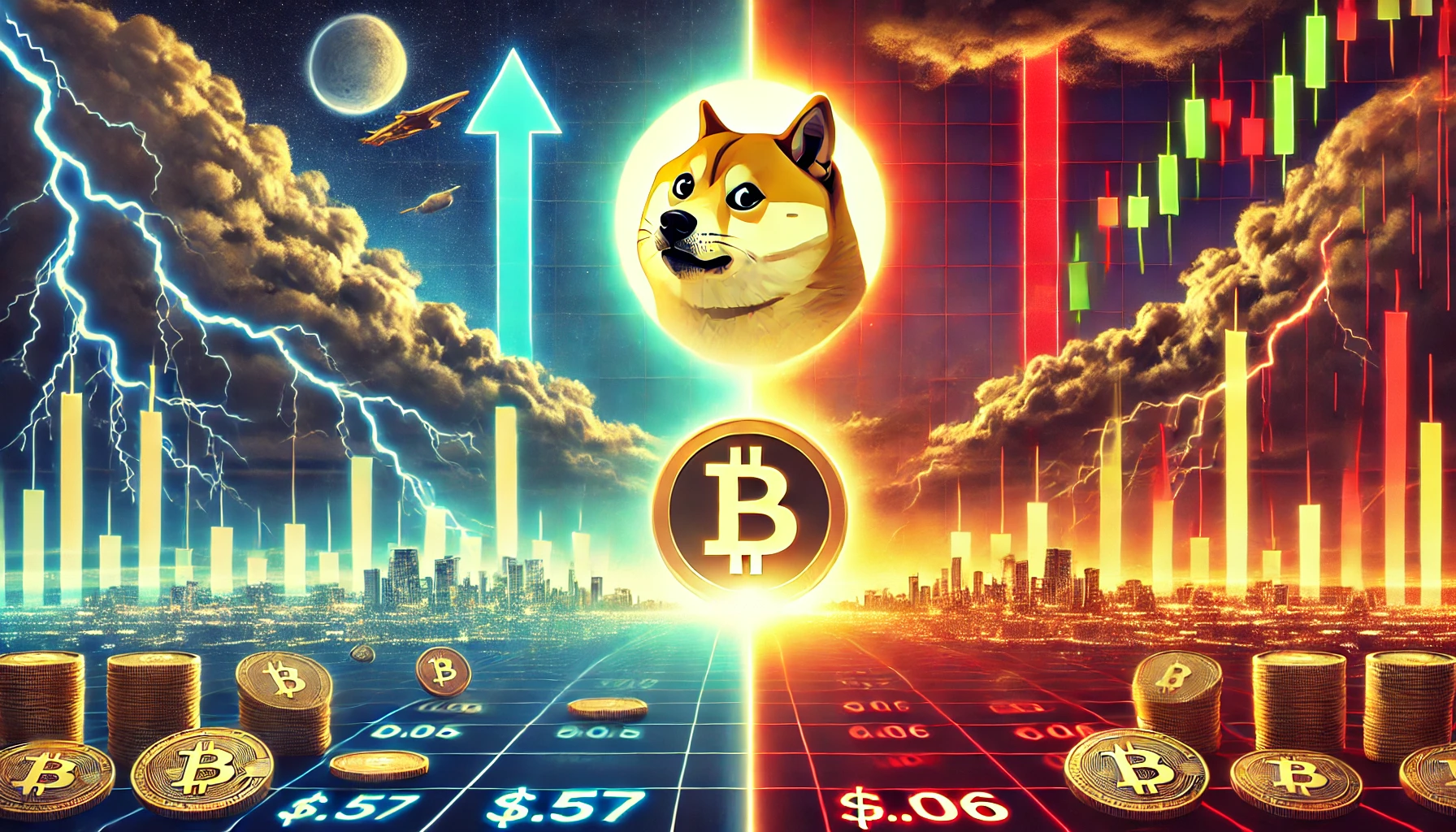



 English (US) ·
English (US) ·